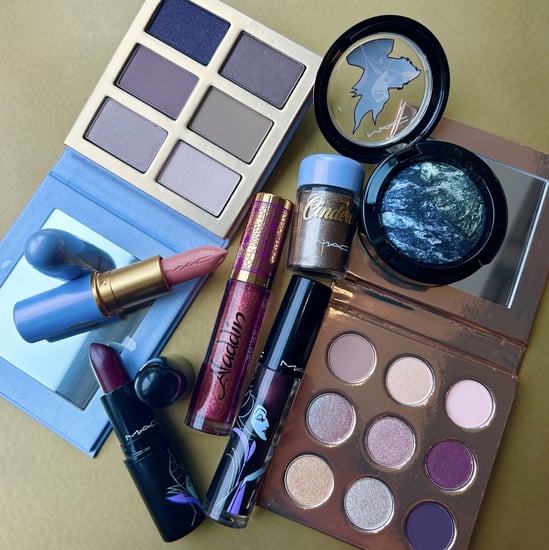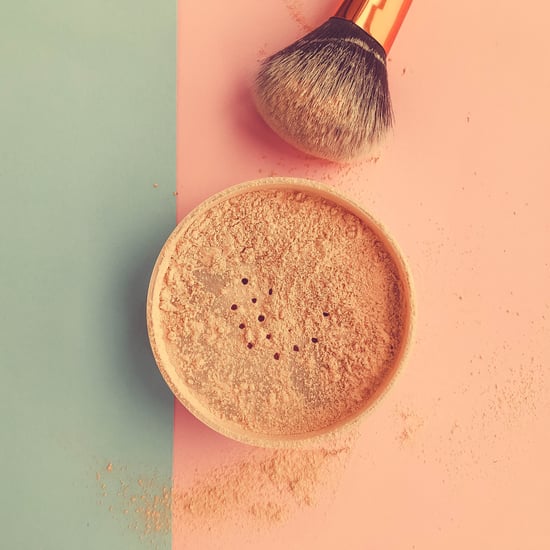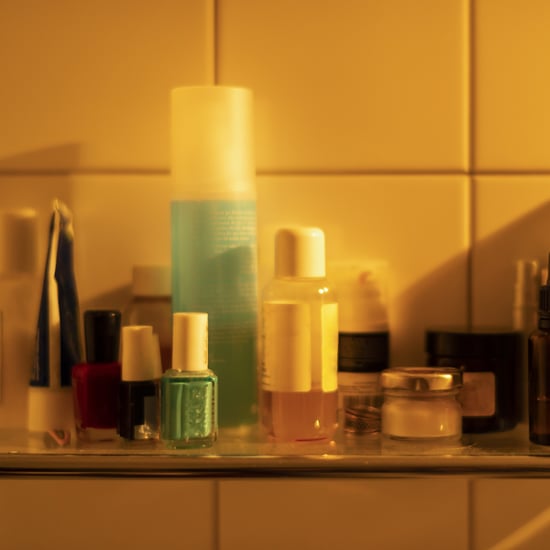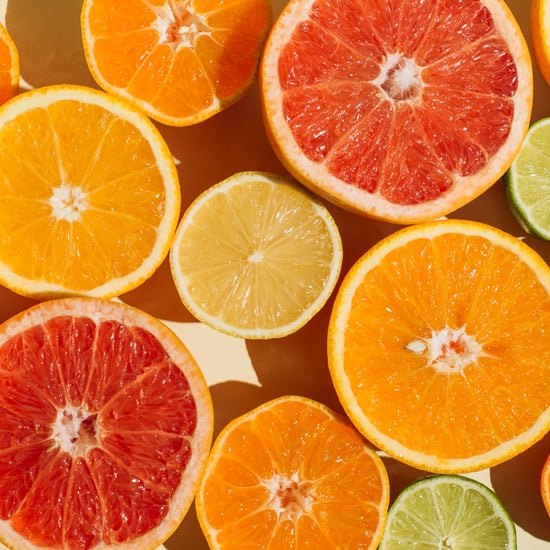What Is Organic Beauty?
Here's Exactly What Organic Means When It Comes to Beauty Products

Whether you've made the switch to using more organically conscious brands or are still in the process of researching their benefits, beauty products with organic ingredients have moved past being trendy and are now totally commonplace. But when you see the "organic" label on beauty products, what exactly does that mean?
When we think of the term organic for things like produce, we immediately assure ourselves that the food we're about to consume was raised without chemicals and pesticides. If it works for food, it should work for products in the beauty industry too, right? Well, brands vary, but for companies in the beauty industry that truly take the time to source the best organic ingredients, the short answer is yes. It's important to research companies as well as pay careful attention to labels.
Standards For Labeling
Companies who are passionate about committing to organic ingredients go beyond the US Food and Drug Administration (FDA) regulations. According to the United States Department of Agriculture (USDA) website, the "FDA does not define or regulate the term 'organic,' as it applies to cosmetics, body care, or personal care products." However, according to the FDA website, beauty products that claim to be organic need to "comply with both USDA regulations for the organic claim and FDA regulations for labeling and safety requirements for cosmetics." The USDA regulates the term "organic."
"Organic certifications set products apart. Those credentials represent accountability and verified commitment to allowed ingredients and the practices by which they are grown," Caroline Duell, founder and CEO of organic body care line All Good, told POPSUGAR. Duell added that, "NSF and USDA are different certifications, with NSF being specific for body care. Both have relevance depending on the type of product."
What the "Organic" Label Means
Within the USDA is another program called the National Organic Program (NOP), which is responsible for labeling standards of organic ingredients in a product. If a beauty product is made up of ingredients that are considered to be agricultural, they may be able to seek organic certification under the NOP regulations. Once certified, there are four types of labels that can be displayed on the product:
- 100 percent organic: Besides water and salt, all other ingredients must be organic. These products can display the USDA organic seal.
- Organic: Ninety five percent of the ingredients in a particular product must be organically produced. These products can display the USDA organic seal.
- Made with organic ingredients: At least 70 percent of the ingredients must be organic. They are not able to display the USDA organic seal.
- If less than 70 percent of the ingredients are organic, they may identify those ingredients as certified organic, but they cannot display the USDA organic seal.
"The [organic] label means a commitment to building soil, while using zero pesticides and herbicides in all products," said Deull. Her company purchases herbs, oils, and raw materials that are grown organically, thereby ensuring "that All Good's ingredients are not poisoned with harmful pesticides, herbicides, or chemical fertilizers."
The Process For Obtaining Organic Certification
According to its website, the USDA "has no authority over the production and labeling of cosmetics, body care products, and personal care products that are not made up of agricultural ingredients, or do not make any claims to meeting USDA organic standards." This is why it is important to look for a certification label or claim from the USDA, or agencies such as Oregon Tilth and NSF/ANSI 305.
According to the NSF website, in order to obtain organic certification for beauty products, a company must submit an application and information, go through a product evaluation and testing in a lab, a manufacturing facility inspection, test results review and acceptance, sign a contract, and undergo annual inspection and retesting.
Duell's company uses Oregon Tilth Certified Organic. "It takes yearly recertification hours by multiple team members with a process that involves a full analysis of supply chain and manufacturing, documents, and physical verification to back it up."
Keep in mind that you might find brands during your research that haven't gone through organic certification yet, but still use high-quality ingredients. Don't be afraid to reach out to companies you're curious about to find out more information about them to see if its products are right for you.






